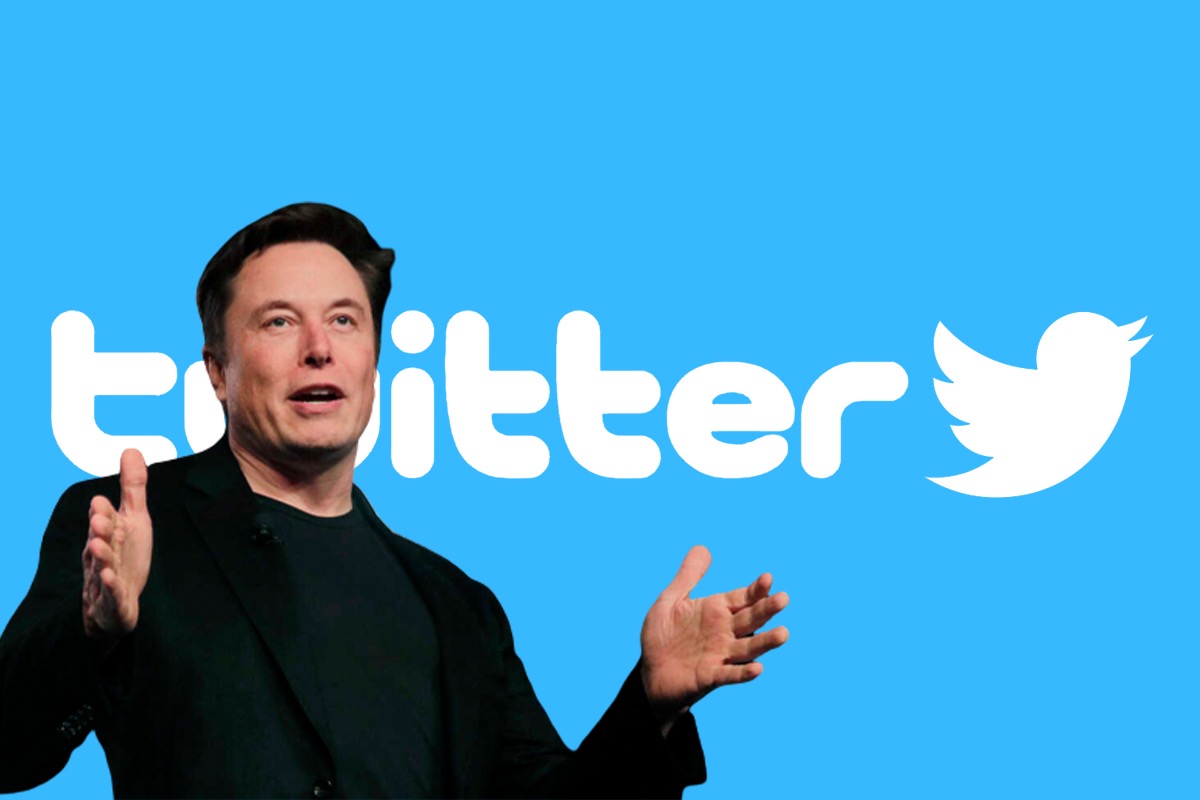Twitter CEO Elon Musk recently announced a groundbreaking update that has Twitter Blue subscribers buzzing with anticipation. Users of this premium service can now upload videos up to two hours long, with an impressive file size limit of 8GB. This news has sparked excitement among many users who are eager to share films and other lengthy video content on the platform. However, unanswered questions remain, leaving many wondering if this development could spell trouble for YouTube, Netflix, and other OTT platforms.
Twitter Blue Verified subscribers can now upload 2 hour videos (8GB)!
— Elon Musk (@elonmusk) May 18, 2023
This strategic move seems like a clever way to capitalize on the buzz generated on Twitter around OTT content. With a significant overlap in audience between Twitter and OTT platforms, Elon Musk’s initiative can be seen as an attempt to attract and engage viewers with original content on Twitter.
While this move may pose competition to YouTube, a platform known for its diverse vlogger-created original content, concerns arise about whether content creators uploading long-form videos on Twitter will receive the same rewards and benefits as they do on YouTube.
Under Elon Musk’s leadership, Twitter has undergone a significant transformation by introducing an exclusive feature for Twitter Blue subscribers.
By enabling users to upload videos of up to two hours in duration, this feature broadens the platform’s scope beyond its origins as a concise microblogging site with character constraints.
The potential of long-form news on the platform was showcased when Rebel News broke into the scene with their viral Davos coverage running into minutes. However, some users misused the new feature by uploading full-length films, resulting in Twitter having to address copyright infringement concerns. The future of long-form content on Twitter remains a subject of curiosity.
On November 1, Elon Musk, the new owner of Twitter, made a significant announcement regarding the platform’s coveted blue tick verification. In a series of tweets, Musk revealed that users would now be required to pay a monthly fee of $8 to have their accounts verified with the esteemed blue tick mark.
In addition to the verification status, paying users will enjoy various additional features, including priority in replies, mentions, and search, which effectively combat spam and scams. Furthermore, they will have the capability to post longer videos and audio content. Publishers will benefit from a paywall bypass, while public figures will receive a secondary tag providing explanatory information about their identity, similar to the existing tags for politicians.
Twitter introduced a fresh update to its Spaces tab by integrating podcasts, starting on August 25th. In an official statement on the same day, Twitter expressed its commitment to supporting audio creators by integrating podcasts into Spaces, where audio conversations thrive. This update aims to provide a seamless and user-friendly experience, allowing listeners to effortlessly hit play and engage with captivating content. The redesigned audio experience within the Spaces Tab ensures a streamlined experience for podcast enthusiasts.

















